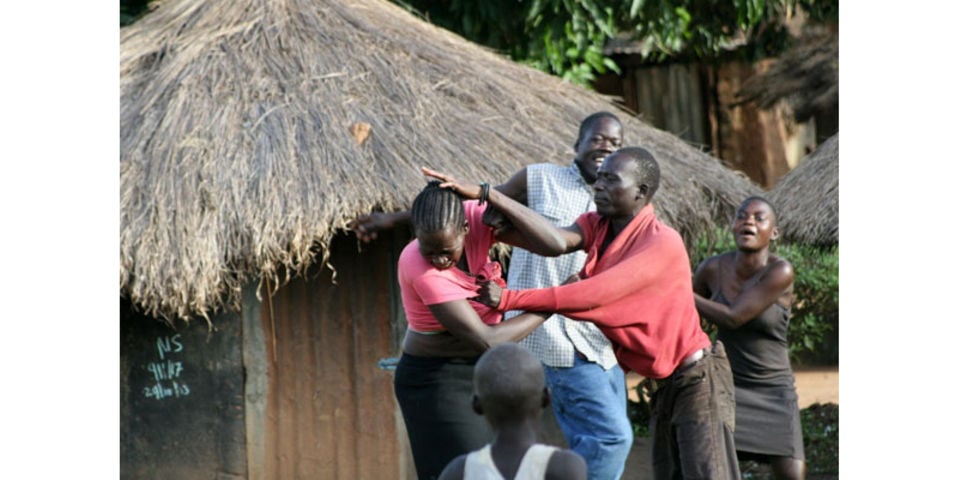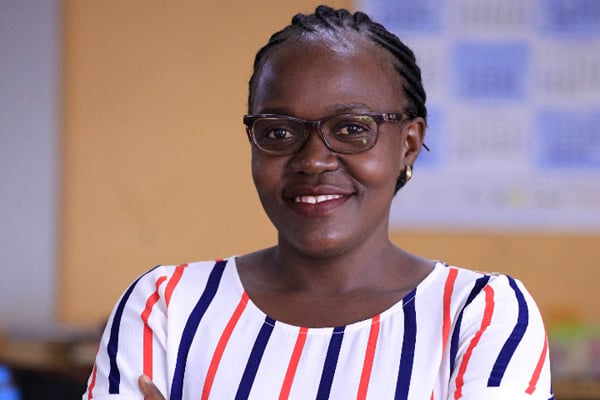Prime
Activists raise flag on 400 cases of GBV in oil districts

Victims of gender-based violence are supported through safe shelters in the oil districts.PHOTO/FILE
What you need to know:
- The cases are settled through mediation, counselling and law enforcement.
More than 400 cases of gender-based violence (GBV) cases have been reported in Hoima, Kikuube, and Buliisa districts from July to October, activists have said.
The cases were reported to the 20 safe and operational shelters established in the three oil districts.
Under the National Association of Professional Environmentalists (Nape), the activists said the shelters were established with support from the European Union to protect women.
Speaking during a meeting in Kiboga District this week, Mr Rajab Yusufu Bwengye, the Nape programme manager, said 410 cases have since been settled through mediation and counselling while others were referred for law enforcement.
“The safe shelters are helping to reduce cases at police as well as the burden on village leaders in solving cases. Through this arrangement, we aim at facilitating women to come out of shock and continue growing strong despite the challenges associated with the oil and gas,” he said.
Mr Bwengye said a total of 5,427 women have since been mobilised into the grassroots movement and trained in community advocacy and development trends. “It is a collective effort against GBV, land issues and other human rights violations in the three districts. The victims of violence run to the safe shelters for safety, mediation and counselling and referrals. They are information pathways with contacts for people to get help and have their matters resolved,” said Mr Bwengye. He said a total of 300 people have since been categorised as community-based mobilisers under the programme ‘Deepening the fight against GBV and human rights abuses.’
Ms Peruth Atukwatse, a Nape field officer, said 30 women-led farmer groups have been trained in conservation, agri-ecology, and non-timber activities and supported with equipment.
She said the programme aims at promoting indigenous crop varieties and animals.
“We are focusing on food security and livelihood for income generation in cases of GBV. We are also pushing leaders to take action,” Ms Atukwatse said.
She said through the community-based groups, engagements have since been conducted between residents and the relevant authorities on how to solve the rampant cases.
However, Ms Atukwatse appealed to human rights organisations to join the fight against GBV.
“The demand for solutions is overwhelming which calls for more resources to help the communities facing GBV and land-related issues. We are committed to working with partners who are willing to save the plight of the people who are affected,” she added.
The activists’ concerns come ahead of the launch of the 16 days of activism against gender-based violence, an annual international campaign that starts on November 25 aimed at eliminating violence against women.





